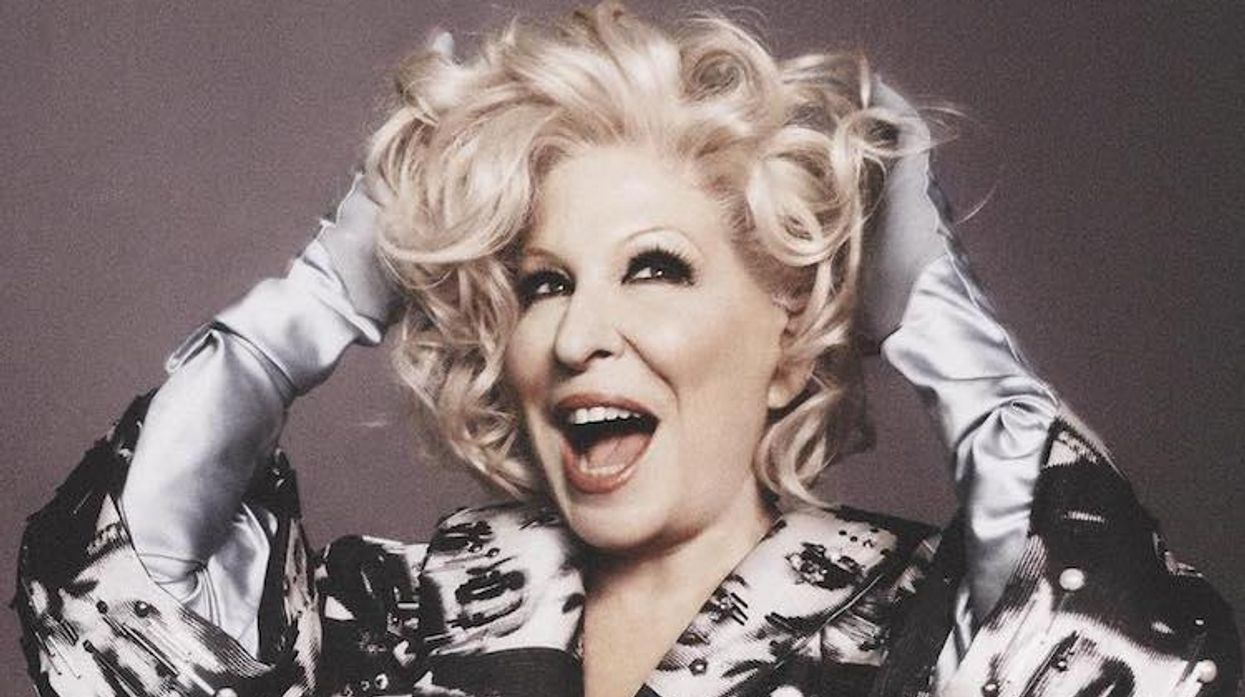The dust has yet to settle from the tragic, if not wholly unexpected, death of singer and musician Amy Winehouse while journalists scramble to make sense of what Winehouse's effect on popular culture will be, in the immediate fall out and in a more lasting way. We've always been a huge fan of Robin Givhan -- who is the first and only fashion critic to ever receive the honor of a Pulitzer Prize for her work -- and her most recent article for The Daily Beast brings up many interesting points that are a reflection more on fashion's aloof, non-judgemental stance on Winehouse's erratic, self-destructive behavior than it is on the singer herself. "There was something weirdly defiant, admiring, and perhaps even envious in the way the fashion industry went agog over Winehouse. It may have been that her emphatic, tortured, out-of-control life was a familiar and irresistible creative motif," she says, alluding to the fact that the clothing industry as a whole is itself closely linked to the world of drug addiction, even citing certain designers by name. But Givhan's key point is that fashion is a business of oppositional forces and Winehouse embodied a surface of retro glamor but was also an inadvertent advertisement for the gruesome truth that lay beneath said surface: "What made Winehouse intoxicating was that she blended vintage style with the fashion industry's love for destruction, for fetishizing imperfections, and for elevating broken-down beauty."
She mentions the 1990's obsession with 'heroin chic' as another example of an attempt to commercialize addiction into a commercially viable marketing strategy -- one that was both immensely controversial and successful. The newest craze, as popularized by the likes of Alexander Wang, posits Givhan, is not to worship beautiful craftsmanship and thoughtful design elements, but instead treat opulent merchandise with indifference: "In fashion, there's nothing more old-fashioned than treating high designs, expensive clothes, or rare jewels as something precious. Modern style dictates the need for imperfection. Take a luxury garment and wreck it in some way. Pair a fancy evening gown with bed head. Being too polished, too perfect, reads as fake. Authentic beauty comes when something precious is treated with nonchalance--even disrespect, perhaps even a bit of abuse. The idea is to show how little you care."
We've read a boatload of articles that attempt to sum up what the saga of Amy Winehouse means, and why we care so much about her, and this is one of the more persuasive articles written about why the fashion industry derived so much inspiration from the messiness of her life. But what do you think? Well said think piece or fluffy profile attempting to stir up controversy?





























